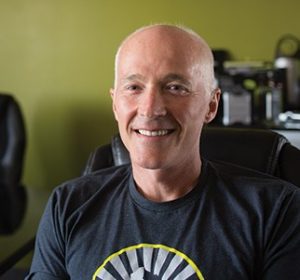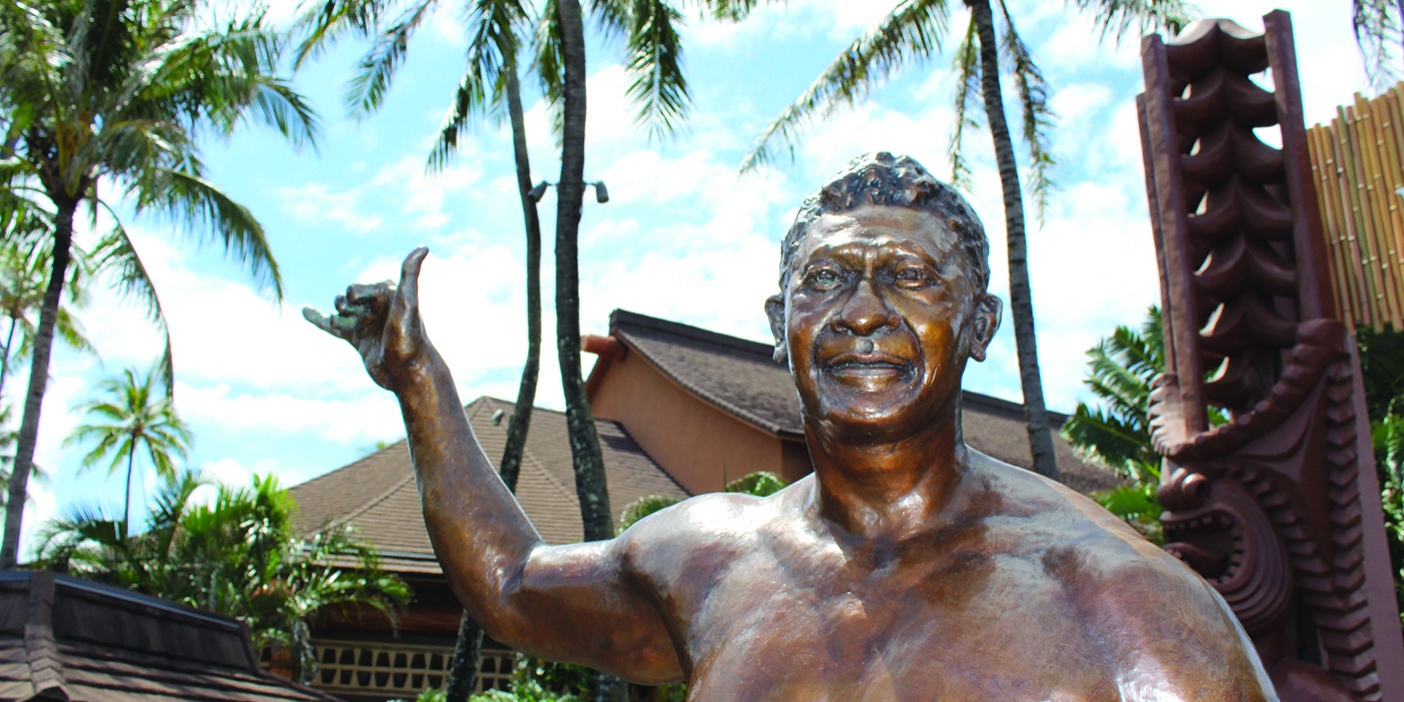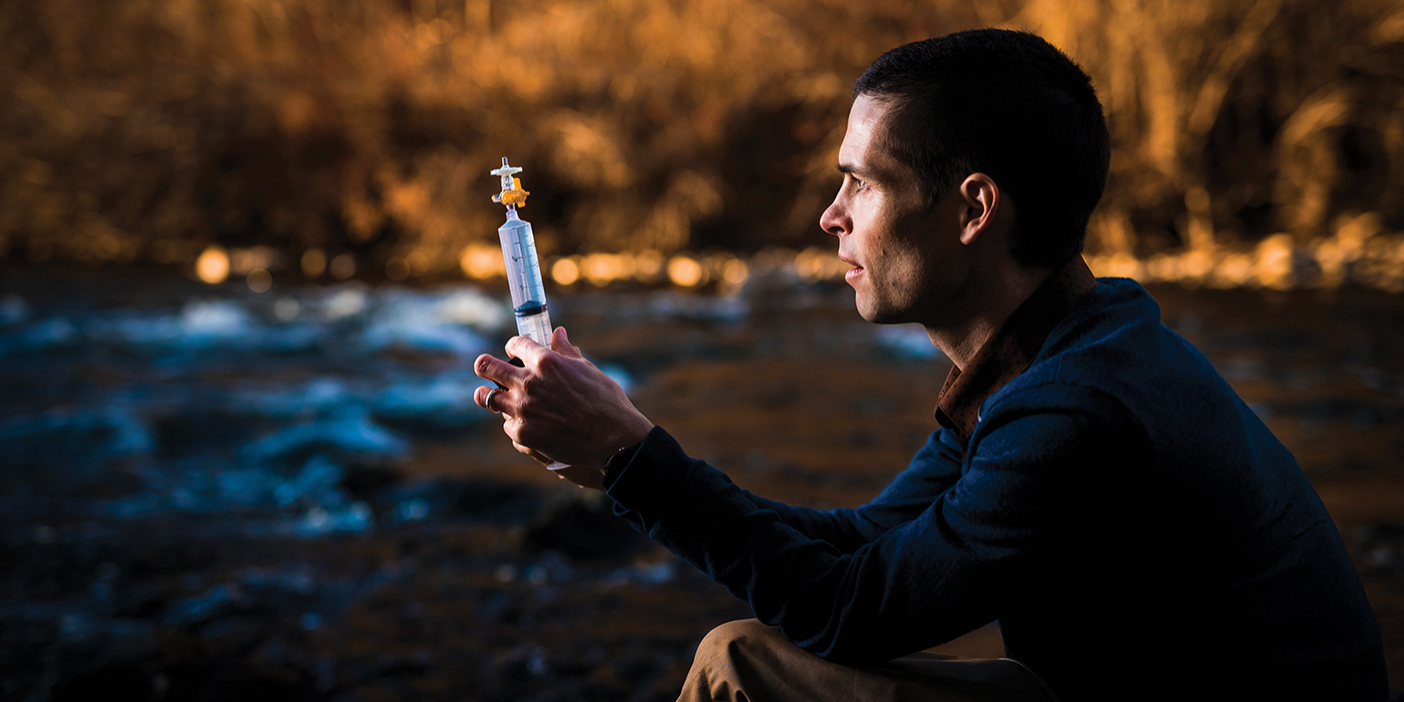Robert Workman’s “Goal Zero” is improving lives through innovation.
Robert E. Workman (’80) had a power problem. The retired owner of a successful craft business, Workman was applying his business skills as a humanitarian in the Democratic Republic of the Congo.
“We had no place to charge our equipment,” Workman says. “This limited what we could do.” He went to Kinshasa to shop for portable power and found a “too expensive” 90-watt solar panel for $2,000.
After returning to the United States, Workman researched solar power systems, but not finding anything suitable, he decided to build his own. With a background in consumer marketing and manufacturing, he enlisted others to create a portable power solution.
They displayed their system at a home-and-garden show and found success. “We received very favorable responses and knew we had something,” Workman says. He assembled a handful of people to form Goal Zero, a company that creates and sells portable power systems for adventurers and others. A portion of Goal Zero’s profits supports Workman’s nonprofit organization, Teaching Individuals and Families Independence through Enterprise (TIFIE) Humanitarian, with an objective to eliminate poverty, illiteracy, and hunger. The company grew quickly, and within five years Goal Zero had generated millions of dollars in sales and employed more than 100 people.
“TIFIE is the incubator to come up with innovative tools that are produced by Goal Zero and brought back to help communities,” says Ryan D. Shepherd (BA ’00), chief operating officer of TIFIE Humanitarian.
Workman had conducted business in China for 28 years and saw that when the barriers to capitalism and entrepreneurship diminished, individuals thrived. “When people were given the proper resources, they could lift themselves from poverty,” he says. Wishing to provide some of those resources, he created TIFIE and set to work in the Congo.
“We found multiple opportunities to help,” Workman explains. “Through TIFIE we set up a trucking distribution system: We pay farmers’ market prices for the farmers’ product, take the product to the city, and sell it. In turn we buy commodities to sell to the farmers.”
Through the TIFIE Light a Village program, light systems are installed in villagers’ homes. Villagers are taught how to use and maintain the equipment and can pay for it through a microloan, and so far no one has defaulted. A TIFIE-built solar-power station provides fresh batteries, and villagers exchange their depleted ones with new ones for a nominal fee. “We have a community with 70 homes and 17 businesses all hooked up,” Shepherd says. “We did an installation on a home, came back a week later, and saw about 40 kids packed in a room watching a movie. The homeowner had charged the kids a fee and turned his home into a movie house. In his own way he was establishing a home-based business.”
Power is having an impact on people’s lives. “I saw a little girl sitting on a couch, with a TV, radio, and light on. She had eight siblings older than she. This struck me—this was a pinnacle moment,” Shepherd says. “Everyone older than she was had lived without power, and she won’t know life without it.”
—Todd R. Michaelis (BA ’90)










